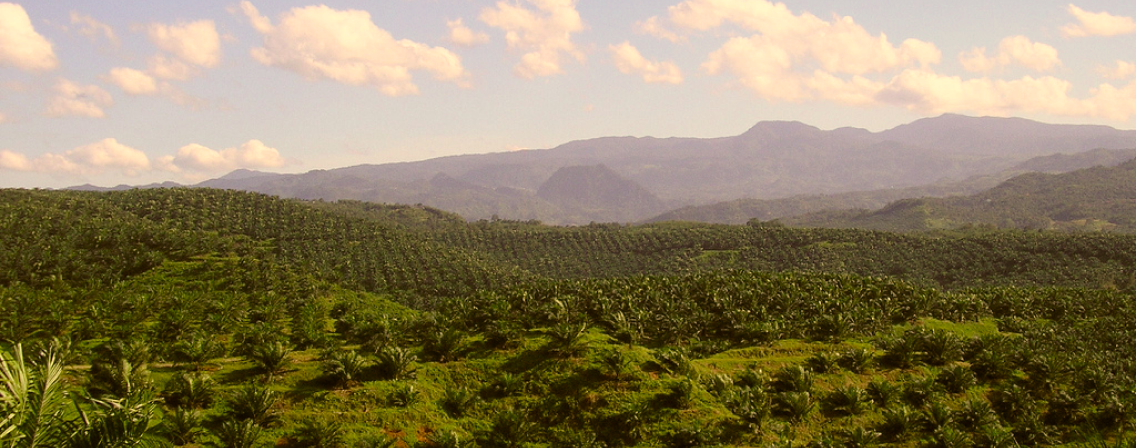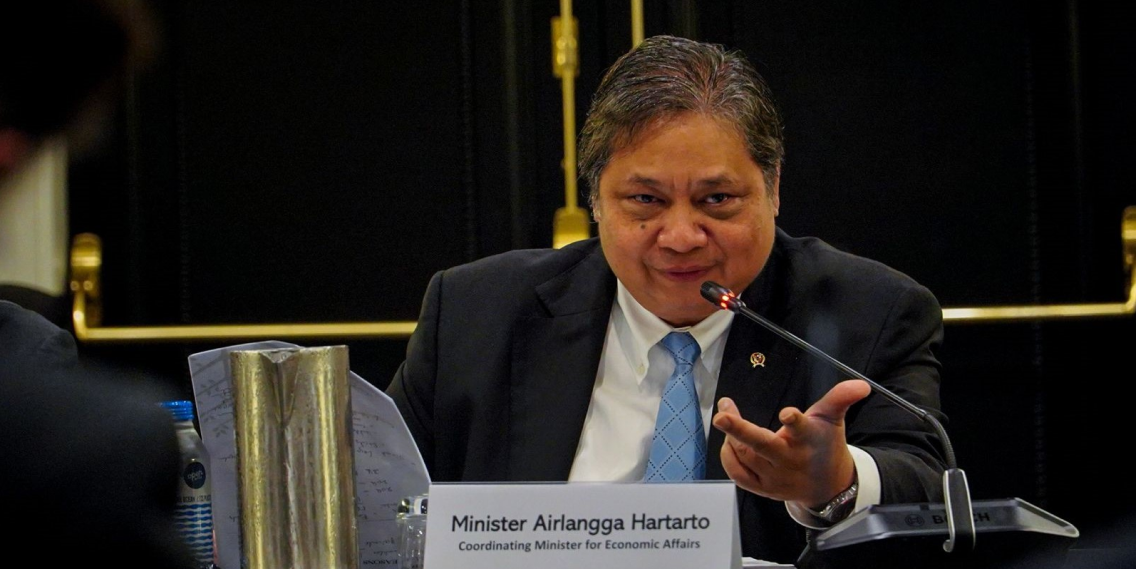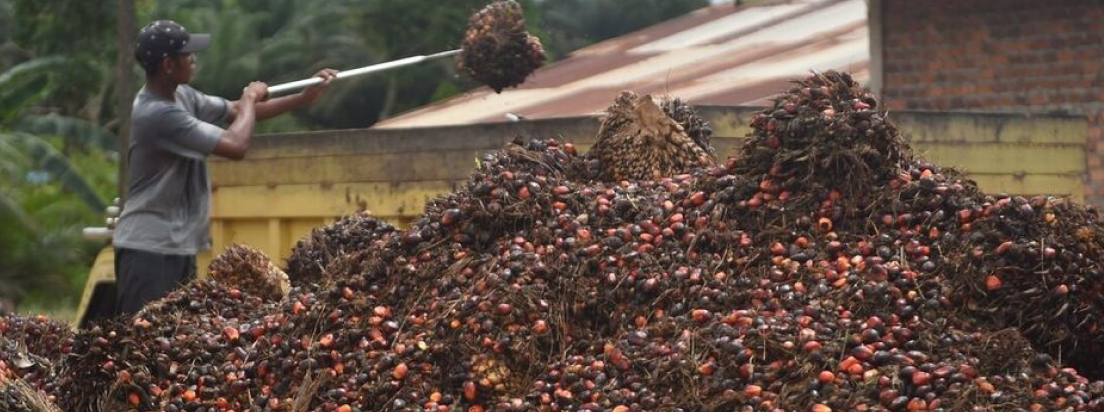The Challenges of EUDR Implementation in Indonesia

The EU Deforestation Regulation (EUDR) taking effect on December 30, 2024, mandates that commodities must be produced legally and be deforestation-free. This poses a significant challenge for Indonesian industries with commodities such as palm oil, cattle, soy, coffee, cocoa, timber, and rubber, which are exported to the EU. The industry must comply with the regulations and prepare for deforestation-free products, requiring significant restructuring that could impact production and the product chain flow. Although the regulation is still in progress, the industry has time to prepare before it takes effect.
The EUDR is designed to eliminate deforestation and forest degradation from the supply chains of commodities and products entering EU countries. The main goal of this regulation is to ensure that the supply chains of companies do not contribute to deforestation or forest degradation. The regulation was proposed by the European Commission and must undergo discussions with the European Council, which includes 27 member states with differing views on the EUDR. While the regulation is still in the legislative process in the EU, companies should start preparing for its requirements and consider how it will affect their industries. However, the Indonesian government believes that this regulation could complicate compliance and potentially hinder their ability to export to the EU.
The controversy and unwelcoming response from countries stem from several issues in the EUDR regulation development process. Firstly, there is a lack of clear guidelines and robust information systems. The EUDR currently suffers from an absence of comprehensive guidelines and the necessary information systems for smooth implementation. Companies and countries need clarity on compliance requirements and mechanisms for verifying deforestation-free supply chains. Secondly, the European Commission has yet to appoint competent national authorities to oversee the regulation's enforcement. This gap creates uncertainty about compliance procedures and enforcement actions. Thirdly, there is no country benchmarking and risk classification. The interim country benchmarking system under the EUDR classifies all producer countries at a standard risk level, irrespective of their forestry practices. This lack of differentiation could penalize countries with stringent sustainability measures already in place.

The Risk on EUDR Implementation in Indonesia
The EUDR will set new standards for Indonesian industries, but there is potential to align it with existing standards like the Indonesia Sustainable Palm Oil (ISPO) certification. ISPO could meet many EUDR requirements, especially in human rights, environmental, and social aspects, but needs improvements in areas such as forest definitions, indigenous rights, new systems, and labor practices. Additionally, Indonesia struggles with comprehensive data for clean and deforestation-free practices. To address this, the Ministry of Coordinating Economic Affairs is developing a dashboard to help industries comply with regulations by integrating data and ensuring effective supervision.
Obtaining certification is expected to be expensive and costly for small businesses that was impacted. While certification is necessary for compliance, there is still no accurate data reflecting the number of smallholders who need to be certified. Even the palm oil industry is struggling to obtain certification as required by Indonesian regulations. Coffee farmers also face challenges, with 98% of coffee production in Indonesia coming from traditional farmers. The new EUDR compliance challenge complicates their ability to maintain their usual business operations. The cost of learning new methods and implementing new standards could result in significant financial losses for their businesses. Similarly, other industries face challenges due to the lack of certification and the data required to comply with the EUDR. Adopting new production methods takes time, and the sudden transition could impact the economy and increase business costs.

Indonesian Industries' Adaptation and Transformation to Comply with the EUDR
While the industry in Indonesia is still struggling to meet the standard, there have been innovative approaches from other countries, especially in ASEAN, that are already preparing for sustainability regulations like the EUDR. For instance, the Vietnamese government has launched a national plan that includes a database of coffee plantation locations and mechanisms to ensure the information can be tracked. The Vietnamese Ministry of Agriculture stated in August 2023 that they have long promoted sustainable agriculture. In their view, regulations like the EUDR are inevitable. In fact, from the government's perspective, the existence of the EUDR accelerates the transformation process. Meanwhile, coffee farmers in countries like Ethiopia and Brazil, one of the biggest coffee exporters to the EU, already have one-third of their farmers obtaining sustainability certifications that will support their business in complying with the EUDR.
As Indonesia and other key exporters navigate this regulatory landscape, it is crucial to foster awareness, invest in sustainable practices, and engage in constructive dialogue with the European Union. By doing so, they can ensure that the transition to deforestation-free supply chains is both achievable and beneficial for all stakeholders involved. It is essential for businesses to view compliance not merely as a legal obligation but as an opportunity to innovate and lead in sustainability. Embracing these changes can position companies as frontrunners in a market that increasingly values transparency, sustainability, and ethical practices. Businesses can turn regulatory challenges into growth and differentiation in a competitive global market.
Recognition of EUDR is crucial for global companies dealing with impacted commodities, as complying with this regulation can be challenging. Deconid, a premier advisory firm, specializes in sustainability consultancy to ensure compliance with regulations like EUDR. We support manufacturers, importers, and exporters in gathering supply chain information and submitting due diligence statements for customs clearance, providing tailored solutions based on risk levels.
For more information, please visit our website at deconid.com or contact us at [email protected].